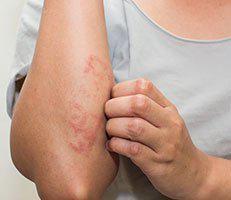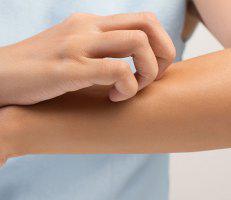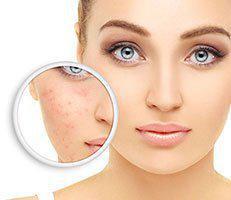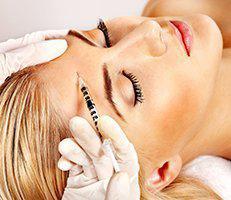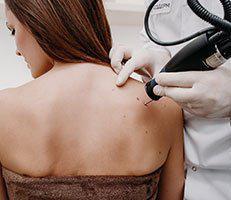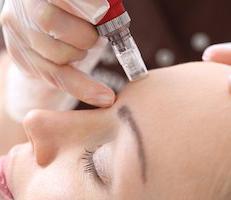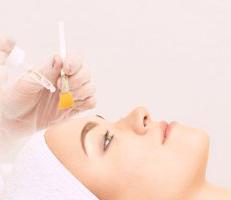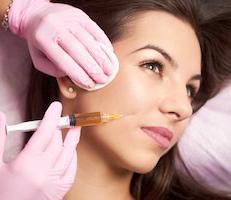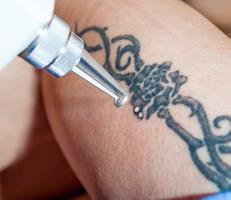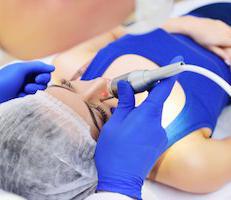Skin Cancer
Greater Charlotte, NC area
Skin Cancer Q & A
Is skin cancer dangerous?
The statistics on skin cancer are sobering. One in five people will develop skin cancer by the time they reach 70 years of age, and the incidences of nonmelanoma skin cancers have increased by 77% from 1994 to 2014.
Exposure to the sun is responsible for about nine out of 10 cases of nonmelanoma skin cancer. Basal cell carcinoma is the most common form of skin cancer, with 4.3 million cases diagnosed each year. Squamous cell carcinoma is also a risk, with more than a million cases detected each year.
Melanoma, the most insidious and dangerous form of skin cancer, will lead to the death of an estimated 9,300 people in 2018. Your risk of developing melanoma doubles if you’ve had more than five sunburns.
What are the signs of skin cancer?
A suspicious mole that gets bigger, bleeds, has irregular edges, or is of unusual color is a significant symptom of skin cancer, particularly melanoma. Other signs of melanoma include:
- A large brown area with darker spots
- An irregularly-shaped lesion with portions that appear red, white, or blue-black
- Dark spots, freckles, or sores on your palms, soles of the feet, toes, or on the areas lining your mouth or nose
A waxy bump or flesh-colored, scar-like patch indicate possible basal cell carcinoma. Squamous cell carcinoma can develop as a firm red nodule or a flat spot with a crusty surface.
How can I prevent skin cancer?
Regular use of a sunscreen with an SPF of 15 or higher reduces your risk of developing skin cancer significantly. Other measures to take include:
- Stay out of the sun during the peak hours of 10am to 4pm
- Do not get a sunburn
- Avoid tanning beds
- Cover up with clothing if you do need to be in the sun, including a hat and sunglasses
Yearly screenings at Atlantic Dermatology can protect you from developing a severe case of skin cancer by catching it early.
What is the treatment for skin cancer?
Early detection leads to successful and minimally invasive treatment. Doctors can excise squamous cell and many basal cell carcinomas when identified at a first stage. Mohs surgery is the gold standard treatment for these cancers. It’s performed in steps and involves precise lab work to remove all the cancerous cells, resulting in the highest cure rate and sparing of your healthy tissue.
To learn more about skin cancer risk, prevention, and treatment, call Atlantic Dermatology or book a consultation online.

"Dr. Crane has a wealth of experience and he continues to relate with his patients with a very friendly and approachable demeanor."
Verified Patient

"My family has been going to Dr. Crane for many years. I have always had a positive experience during our visits. The front staff has always been very nice[...]"
Tammy H.

"Dr. Crane has been my doctor since 2000 and he also took care of my Dad. I have always found his staff to be professional. I enjoy Dr. Crane's personality. "
Sandra W.

"Dr. Crane is always pleasant, professional, and knows his stuff. The office staff have always been professional and pleasant at every visit."
Lee M.


